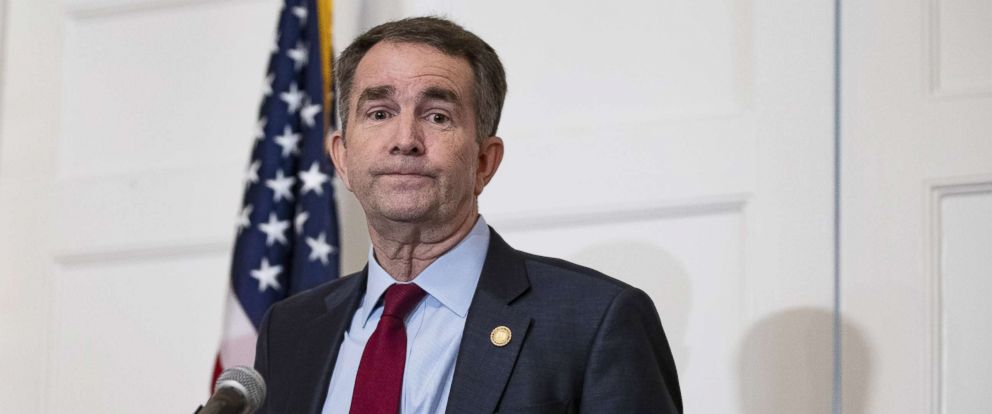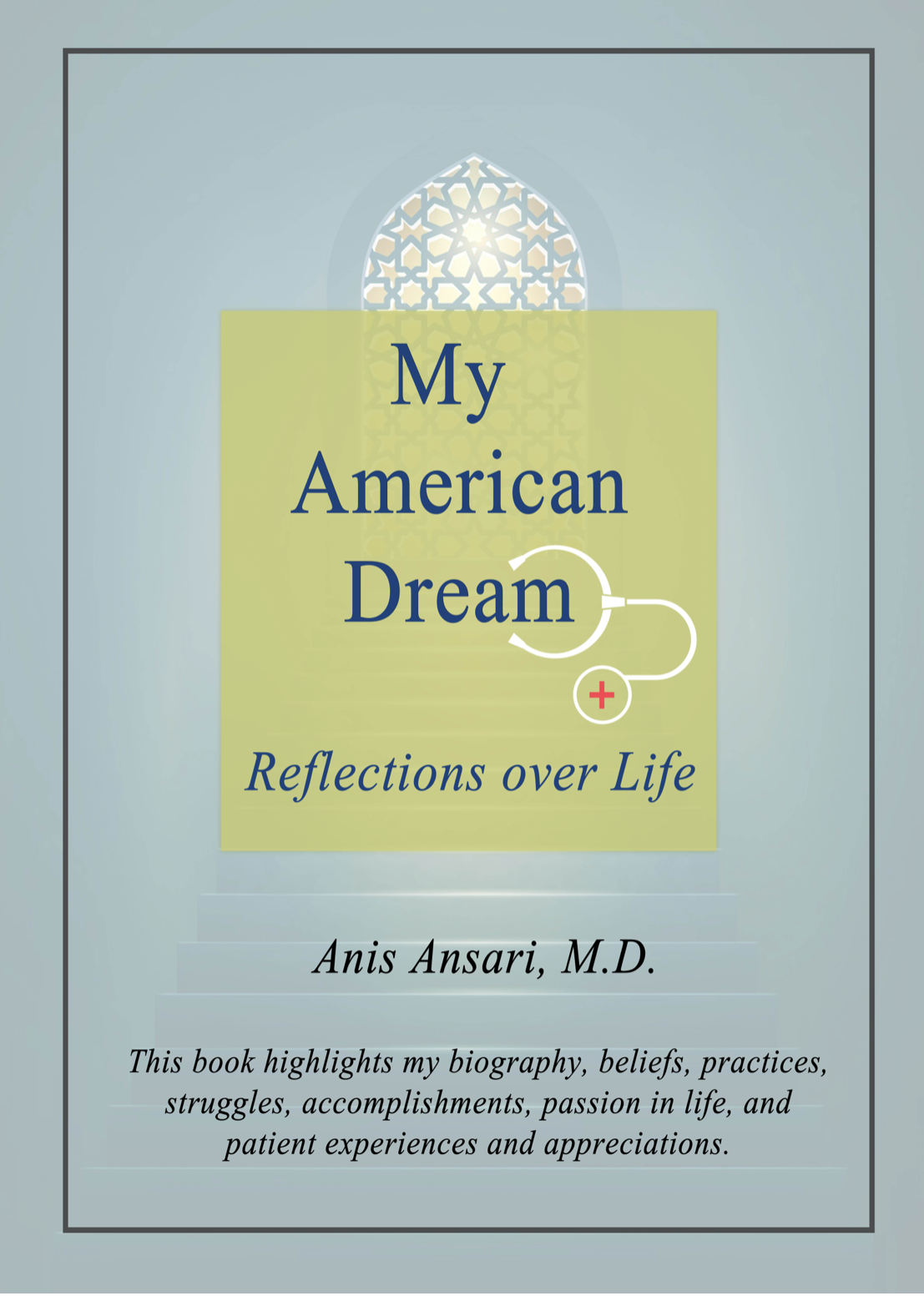The Muslim community’s hidden shame
By Mira Abouelezz
Editor’s note: This article originally appeared in MuslimGirl.net at muslimgirl.net/10439/chicago-imam-shaming-women/
Muhammad Abdullah Saleem. Age 75. Founder of the Institution for Islamic Education and prominent religious leader in Illinois. Accused of sexual abuse. Shock waves duly reverberated throughout the local Muslim community, who have revered and trusted Saleem for a little over three decades now. There is much to learn from this unfortunate situation, aside from the fact that no religion is immune to scandal.
A 23-year-old woman who worked as a secretary at the Institution for Islamic Education came forth alleging that Saleem pulled her onto his lap and groped her as he was lifting her dress, leaving a sticky stain on the black pants she was wearing underneath. This was not the first inappropriate advance Saleem made on her, but it was her personal turning point. It pushed her to do the unthinkable: she spoke up.
It is an act that is unthinkable within this community, like in so many other tight-knit Muslim communities, because a woman speaking up against her abuser does not come without consequences. A woman in this position essentially puts her reputation on the line. Even though she is a victim, the woman will often be judged and suffer from community gossip and slander. It is the woman who, paradoxically, deals with feelings of guilt and shame. It is the woman who will have trouble getting married. It is your typical Eve-takes-the-blame-for-Adam scenario. Patriarchy at its finest.
After word got around about the “unbelievable” accusations against the imam, three other women came forth with their own traumatic experiences of being molested by Saleem when they were young girls. These women kept his secret for years and most probably would have remained silent if the 23-year-old woman did not speak up. One woman’s courage to speak empowered other women to do the same, gradually chipping at the culture of silence that surrounds issues of sexual abuse in conservative Muslim communities.
Before the Islamic school was built, Saleem held Quran classes in his room in a shared apartment. This room served to be prime space for abusing his power as a religious authority, which, as we know, is not all uncommon among religious patriarchs (cue pedophilic priests and rabbis.) One woman said Saleem began touching her when she was 12. An incident worth noting, as recounted to the New York Times, puts on clear display the perversity of this kind of abuse, subhanallah:
“Once, she said, he sat on a bed, covered in a brown blanket, and put her hand on his genitals while he taught her a chapter of the Quran called al-Qari’a, about the Day of Judgment when people will be held to account for their good and evil deeds.”
The little girl forced to hold her imam’s genitals as he taught her Quran is the embodiment of patriarchy within religious institutions. We, as Muslim women, are warned at a perversely young age about the evils of our bodies and sexualities. We are scrutinized and judged from the moment we reach puberty for any implication of immodesty. Our worth is measured in direct relation to men; our greatest achievement is to be a good wife. Our eligibility for that “success” relies on our reputations that are borne from guilt and shame, confusion and fear, obedience and silence. Ultimately, our value is placed on our virginity. This implies that our worth is determined by what is in between our legs — no more, no less. Our sheikhs tell us to cover ourselves, to stay in the house, to obey, to remain silent in the presence of men, to preserve our chastity. This one-sided obsession with female “chastity” has resulted, ironically, in the ultimate objectification of women — degraded to nothing but a dangerous sexual temptation.
In this case of Saleem — whom his Deoband Institute of Islamic Thought biography describes as a “well-known Islamic scholar in the United States of America … serving the Muslim community as a religious leader for the past thirty years” — the problem of female abuse within religious communities is exhumed. Yes, Saleem’s reputation is tarnished. Yes, he is under legal investigation. This finally takes place after thirty years of his getting away with sexual abuse while maintaining mawla status. Mashallah. And the community still wants to keep it hush-hush. And the women who spoke out did not go without a little blame and defame. According to the New York Times:
“In a statement posted on its website, the Institute of Islamic Education attributed the accusations to ‘individuals outside our community’ seeking to discredit the school’s beliefs. ‘The individuals involved do not wish to seek privacy and resolution, but are actively seeking publicity for their claims…’”
Surprising? Not in the least. Nadiah Mohajir, executive director of a sexual health advocacy group for Muslim women called HEART Women & Girls, understands just how difficult it is for women in general to speak about abuse, especially “in a community that values virginity so highly.” She spoke to NYT out of experience, saying that educating Muslim women on sexual health makes people so uncomfortable that she does not even discuss her job with her family. With its roots in the fundamentalist Deobandi school, originating in India where Saleem is from, this Muslim community is so deeply entrenched in sexual taboo that the girls do not attend health class in school when puberty or reproduction are being discussed. Yet, they are being sexually harassed and molested in their own classrooms instead.
The 23-year-old woman who suffered from Saleem’s abuse within the walls of his own Islamic school requested Omer Mozaffar, Muslim chaplain at Loyola University Chicago, to mediate an apology from Saleem. In his NYT interview, Mozaffar said that when he confronted Saleem about his actions, Saleem sounded like he “was already used to getting away with it.” Mozaffar concludes, “I left the meeting very disturbed because that’s when I realized that she was not the only victim.”
Mozaffar was right, as we now know. Saleem has been using his esteemed status of piety to exploit his female students and employee(s) for decades. Who knows how many Muslim women have suffered silently under the threat of a blemished reputation? The taboo that revolves around a simultaneous obsession with female virginity and phobia of all things sexual is very efficient at keeping Muslim women silent and relieving Muslim men of accountability.
Mozaffar wrote a blog post in which he affirmed the allegations against Saleem. Angry comments ensued, such as, “Dear brothers and sisters this matter does not concern you (sic).” Another comment stated:
“Regardless if the allegations are true or false he is a much better Muslim than all of us. Please stop spreading information regarding him. He has reached a very old age. You should be instead focusing on how you can spend more time in his presence.”
Mozaffar promptly deleted his post — another voice shamed for committing the crime of telling the truth.
This event demands rethinking on the part of all Muslims. Muslim women should consider the implications of allowing men to interpret female modesty from a male perspective, dictating what women should do while claiming their rulings to be orders from God. Muslim men should reconsider the morality of maintaining strict domination over the sexuality of Muslim women for the sake of piety, honor, and chastity. Until then, we will remain stuck in a society where “religious” men feel entitled to exploiting young women, knowing that these women have been conditioned to obey without question and that the odds are stacked against them if they tell.




















2015
1,606 views
views
0
comments